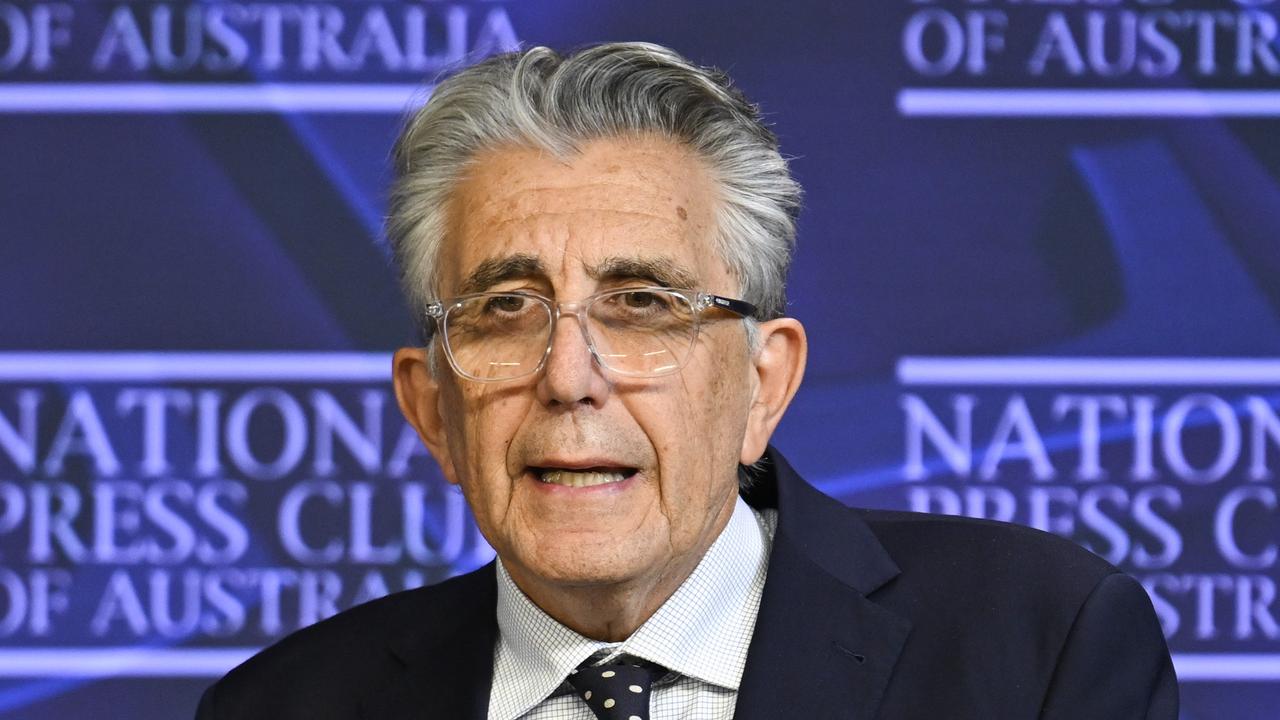Bribery case for overseas eyes only
MALAYSIA’S biggest online news site, Malaysiakini, has posted details that cannot be published in Australia.
MALAYSIA’S biggest online news site, Malaysiakini, has posted details that cannot be published in Australia of a suppression order preventing Australians from learning about the first case to have been brought over foreign bribery.
The Australian Federal Police is pursuing this large-scale bribery case concerning how contracts were obtained by Australian firm Securency to print plastic bank notes for foreign countries.
It is being brought under legislation enacted 14 years ago, when Amanda Vanstone was justice minister, but never previously used.
It has now emerged that in mid-June, the Department of Foreign Affairs and Trade joined with the AFP to seek an extraordinarily broad suppression order from the Victorian Supreme Court to prevent anyone knowing, for five years, any Asian political figures who might be mentioned in this case — or their relatives.
This applies even — or especially — to mentioning people against whom there is no hint of their being involved in bribery.
Gillian Bird, the DFAT deputy secretary with special Southeast Asia responsibilities, who is to become permanent representative to the UN, provided an affidavit for the suppression hearing, which has been sealed in an envelope marked: “Not to be opened without an order of the court.”
The order was issued both to prevent “prejudice to the proper administration of justice” — the reason usually given — but also in this case, unusually, “to prevent prejudice to the interests of the commonwealth in relation to national security.”
Two suppression orders granted earlier prevent the publication of other elements of the case.
Andrew Kenyon, the director of the Centre for Media and Communications Law at Melbourne University, told The Australian yesterday that technological change had changed the context of suppression orders.
“It is now easy for people to see (online) the order, which serves to publicise what the court may not have wished to have publicised,” Professor Kenyon said. “It limits the reporting in Australia, but not in foreign countries. So making such an order may sometimes be counterproductive.”
This case was so unusual, he said, that the consequences must have been thought about fully.
Professor Kenyon said that 20 years ago, the Australian media regularly challenged suppression orders, providing a useful test as to their necessity.
“But my sense is that this is happening less now, for economic reasons,” he said.
Andrew Godwin, associate director of the Asian Law Centre at Melbourne University, said the suppression order pointed to “an inconvenient aspect” of the anti-foreign-bribery legislation, in that it almost inevitably involved officials of countries with whom Australia’s relationships were increasingly important.
However, he said such orders “raise concerns in the minds of the public that things are being hidden”.
The case raises the prospect that suppression might be obtained, using this precedent, on most other occasions on which the legislation is applied.
Michael Ahrens, the executive director of Transparency International Australia, said the organisation had sought the legislation and welcomed its use, and he added that many cases had been successfully prosecuted in the US and in Britain under similar laws.



